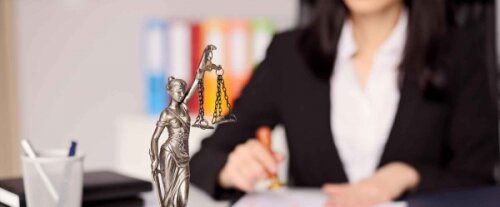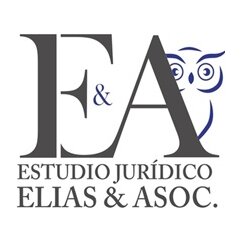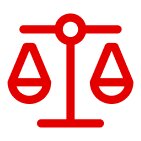Best Defamation Lawyers in Argentina
Share your needs with us, get contacted by law firms.
Free. Takes 2 min.
Or refine your search by selecting a city:
List of the best lawyers in Argentina
About Defamation Law in Argentina
Defamation in Argentina is regulated by both criminal and civil law. It encompasses both libel (written defamation) and slander (spoken defamation). Individuals have the right to protect their reputation from false statements made by others that harm their personal or professional image.
Why You May Need a Lawyer
You may need a lawyer in cases where you believe you have been defamed by someone else, or if you have been accused of defamation. A lawyer can help you understand your rights, assess the strength of your case, and represent you in court if necessary.
Local Laws Overview
In Argentina, defamation is a criminal offense that can result in fines or imprisonment. The law requires the defamatory statement to be false, published to a third party, and harmful to the person's reputation. Truth is a defense in defamation cases, but proving it can be challenging.
Frequently Asked Questions
1. What is the difference between libel and slander in Argentina?
In Argentina, libel refers to written defamation, while slander involves spoken defamation.
2. Can I be sued for defamation for sharing someone else's defamatory statements online?
Yes, you can be held liable for defamation if you share false and harmful statements about someone else, even if you did not create the content.
3. What defenses are available in a defamation case in Argentina?
In Argentina, truth is a valid defense in defamation cases. Other defenses may include consent, privilege, and lack of fault.
4. Can public figures be defamed in Argentina?
Yes, public figures in Argentina can still bring defamation claims, but they may face a higher burden of proof due to their public status.
5. What damages can be awarded in a defamation case in Argentina?
Damages in defamation cases are intended to compensate the victim for the harm caused to their reputation. The amount awarded may vary based on the severity of the defamation.
6. How long do I have to file a defamation lawsuit in Argentina?
The statute of limitations for defamation cases in Argentina is generally one year from the date the defamatory statement was made or published.
7. Can defamation cases be settled out of court in Argentina?
Yes, parties involved in a defamation dispute can negotiate a settlement agreement outside of court to resolve the matter without going to trial.
8. Can I remove defamatory content from the internet in Argentina?
It is possible to request the removal of defamatory content from websites or social media platforms through legal channels. A lawyer can help you navigate this process.
9. What should I do if I receive a defamation complaint in Argentina?
If you are accused of defamation, it is important to seek legal advice immediately to understand your rights and options for defense.
10. How can I prove defamation in Argentina?
To prove defamation in Argentina, you will need evidence that the statement was false, harmful to your reputation, and communicated to a third party. Witness testimonies, documents, and other supporting evidence can be crucial in establishing your case.
Additional Resources
If you need legal advice or assistance regarding defamation in Argentina, you can contact the Buenos Aires Bar Association or the Argentine Association of Defamation Law.
Next Steps
If you believe you have been defamed or accused of defamation in Argentina, it is advised to consult with a qualified lawyer who specializes in defamation law. They can guide you on the best course of action to protect your rights and reputation.
Lawzana helps you find the best lawyers and law firms in Argentina through a curated and pre-screened list of qualified legal professionals. Our platform offers rankings and detailed profiles of attorneys and law firms, allowing you to compare based on practice areas, including Defamation, experience, and client feedback.
Each profile includes a description of the firm's areas of practice, client reviews, team members and partners, year of establishment, spoken languages, office locations, contact information, social media presence, and any published articles or resources. Most firms on our platform speak English and are experienced in both local and international legal matters.
Get a quote from top-rated law firms in Argentina — quickly, securely, and without unnecessary hassle.
Disclaimer:
The information provided on this page is for general informational purposes only and does not constitute legal advice. While we strive to ensure the accuracy and relevance of the content, legal information may change over time, and interpretations of the law can vary. You should always consult with a qualified legal professional for advice specific to your situation.
We disclaim all liability for actions taken or not taken based on the content of this page. If you believe any information is incorrect or outdated, please contact us, and we will review and update it where appropriate.
Browse defamation law firms by city in Argentina
Refine your search by selecting a city.
















